un-dried Tomato Hummus.
This Sun-dried Tomato Hummus is a tangy and very flavorful hummus with a lovely burnt-orange color. The chickpeas need to soak for 1 to 6 hours, so be sure to plan ahead if using dried chickpeas. To expedite this process, canned chickpeas can be used as-well.
If you are new to hummus and are still wondering, “what is hummus exactly?”, then read on to find out what it is all about and why you should ideally be eating it everyday.
Sun-dried Tomato Hummus
Ingredients
- 3.5 cup chickpeas Eden Organic Garbanzo Beans - no salt added
- 0.75 cup sun dried tomatoes don't use the ones in oil
- 1 clove garlic
- 2 tbsp tahini (add some more if you like the tahini flavor)
- 1 tsp sambal
- 0.25 tsp black pepper freshly ground
- 0.25 tsp sea salt to taste
- 3 tbsp lemon juice
- 0.5 cup parsley (optional) you can use cilantro too
Instructions
- Add all ingredients into a bender and add some of the chickpea juice (or water) to get the blending started. Blend into a smooth paste adding additional chickpea juice or water if needed to reach the desired consistency.
- Taste and adjust the seasonings.
- Transfer the hummus into an airtight container and store in the refrigerator for 4 to 5 days.
- Slice some vegetables or add pieces of bread for serving.
Nutrition
7 HEALTH BENEFITS OF HUMMUS:
1. Good Source of Plant-Based Protein
What is hummus good for? To start, hummus is an excellent protein source for vegetarians, vegans, and omnivores too. Chickpeas, which are the base of nearly all hummus recipes, are high in protein which can help to make you feel full after consuming them. The feeling of satiety therefore makes you less likely to snack (especially on junk food) between meals.
2. Fights Illness & Disease
Beans, and chickpeas in particular, have been shown to help balance cholesterol levels, reduce hypertension, and to protect against heart disease. In fact, hummus is commonly eaten in many Mediterranean nations that experience great health, low rates of cardiovascular disease, and longevity – Greece and Turkey being two of these. This may be due to the high fiber content in chickpeas, which helps people to avoid overeating and gaining harmful excess weight, especially around the organs. Beans also help to keep the arteries clear from plaque build-up, decreasing the chances of cardiac arrest and stroke. In fact studies show that having just one daily serving (about 3/4 cup cooked) of beans of any kind can help to decrease chances of a heart attack and to help balance “bad” LDL cholesterol. Chickpeas have also been shown to have protective properties against cancer, in particular colon cancer. This is due to chickpeas’ ability to keep the digestive system, including the colon, free from harmful bacteria and toxic build-up, since the beans’ fiber helps to keep waste moving out of the body quickly. Additionally, a diet rich in all beans has been shown to reduce hyperglycemia and to help balance blood sugar levels. This decreases the chance of developing diabetes or insulin resistance. In fact, populations who traditionally ate beans often, but then switched to diets that contained less beans, suffered from much higher rates of disease. Once reintroducing beans back into the diet, these populations experienced significantly less issues balancing blood sugar.
3. Decreases Inflammation
Inflammation is the body’s natural defense to move toxins out of the body. However, when your body has a high level of inflammation, it indicates that you body has been trying to overcome food, environmental or medicinal toxins. Foods that help reduce inflammation also help in reducing the chance of arthritis and disease and they help to heal the body. Hummus has both garlic and chickpeas which are all known anti-inflammatory foods. In a recent study, extracts from garlic were shown to reduce inflammation and help fight wrinkles and aging. While for centuries garlic has been used to boost the immune system and cure diseases, more studies are being conducted to understand how and what about garlic make it so effective.
4. Helps Digestion & Intestinal Health
Chickpeas are an excellent source of fiber, which has multiple health benefits: helping to foster a healthy digestive system, making us feel full and satisfied, improving cardiovascular health, and more. Consuming enough fiber daily (35+ grams depending on your gender and needs) is correlated with a healthy body weight and deceased chance of obesity-related diseases like type 2 diabetes, heart disease, and many more.
5. High in Vitamins and Minerals
It is hard to beat the winning combination of essential micronutrients that the ingredients in hummus has to offer! In addition to protein and fiber, the chickpeas used in hummus are high in iron, folate, phosphorus, and B vitamins. Lemon juice also contains a high level of immunity boosting vitamin C and antioxidants. Tahini has high levels of copper, magnesium, zinc, iron, phosphorus, and calcium too. And of course there is garlic too; garlic contains many trace minerals, antioxidants, and vitamins (manganese, vitamin B6, vitamin C, and selenium to name a few) and has been shown to benefit the heart and to boost immunity too.
6. Bone Health
Sesame seeds, used in making tahini, are an excellent source of various important bone-building minerals including: zinc, copper, calcium, magnesium, phosphorus, iron, and selenium. Bone loss, is often a concern for people as they age, including women who go through menopause and experience hormonal shifts that can result in bone weakening, and even osteoporosis for some. The trace mineral copper, which tahini is an excellent source of, helps to keep the skeletal structure strong by facilitating the binding of collagen to elastin, which is one important building-block of bones. At the same time, calcium may be able to help lower levels of bone loss, especially as someone ages. Zinc has been shown to be an important factor in bone development and growth and a protector of bone health. Studies have shown that zinc deficiencies are closely tied to stunted bone growth and that zinc can contribute to bone formation and healthy mineralization in both younger people and older populations that are more at risk. 1/4 cup serving of tahini/sesame seeds provides roughly 163% of your recommended daily allowance (RDA) of copper, 25% of your RDA of zinc, and about 17% of your RDA of calcium.
7. Boost Your Energy
Chickpeas, like all beans and legumes, contain starch, which is a complex carbohydrate that the body is able to use steadily for energy. Starches contain natural sugars called glucose, which the body uses easily for many essential functions. Unlike simple sugars – found in many products like refined flour, white bread or pasta, soda, candy, and most other processed foods – starches take an extended period of time to break down once consumed. This means they provide “time released” energy and do not spike your blood sugar in the same way that simple carbohydrates found in processed foods do. The process of digesting and utilizing the glucose found in all beans and starches is drawn-out, keeping blood sugar stable for a while before it beings to drop back down again and you require more food.
Types of Hummus
There are endless ways to use hummus: as a dip along with whole grain sprouted bread or crackers, smeared on a veggie-based sandwich, as a dressing on top of salad or grains, and even as a healthy substitution for other spreads like sugary jelly or butter. Due to all the different types of hummus that is now readily available in almost all grocery stores, finding and using hummus has never been easier (just make sure you get the ones that avoid the oil).
If you are lucky enough to live by a health food store, definitely check out their hummus selection – chances are they carry hummus varieties that are unlike any you have ever seen in larger grocery chains. In health food or vegetarian-based stores, it is now common to find hummus made from other types of beans (black beans, edamame, or lentils for example) and with ingredient additions and flavors that can spice up any bland meal.
Some of my favorite types of hummus include:
- cilantro
- jalapeno
- curry
- sweet potato
- roasted red pepper
- black bean
- eggplant (baba ghanoush)
These are just a few of the many unique twists you can create when making homemade hummus.
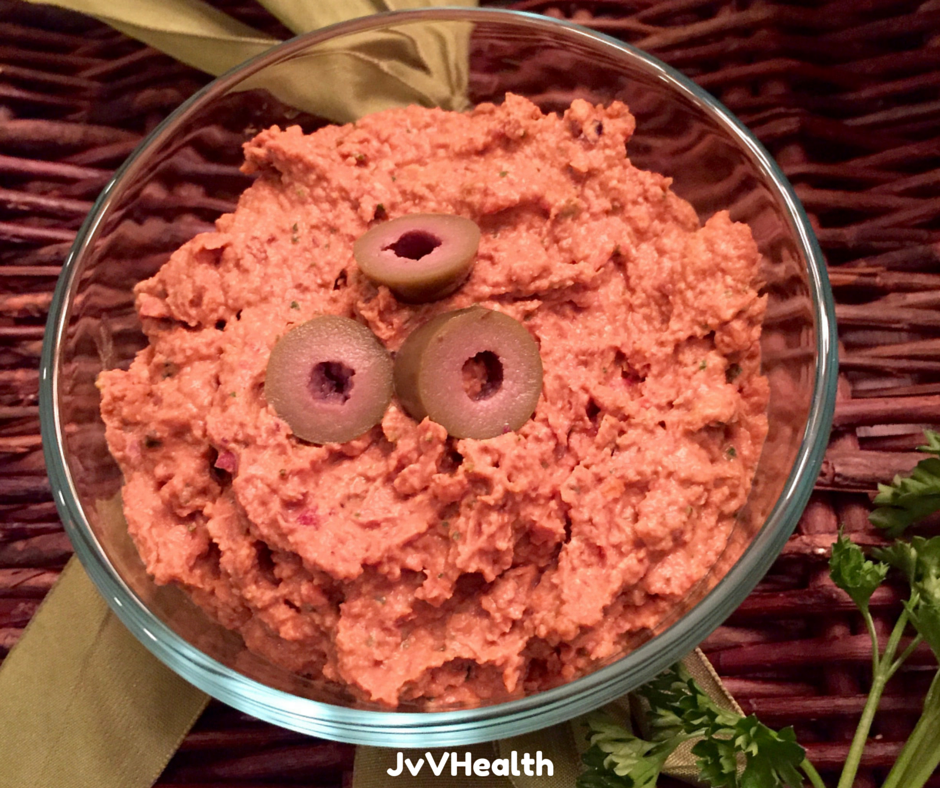
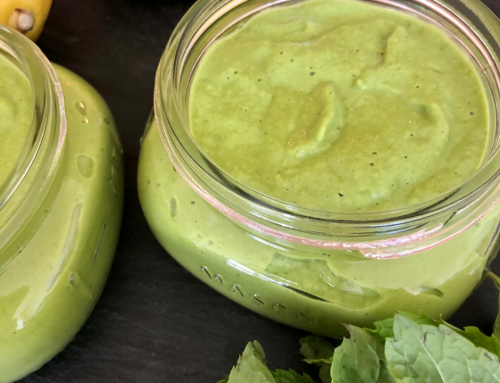
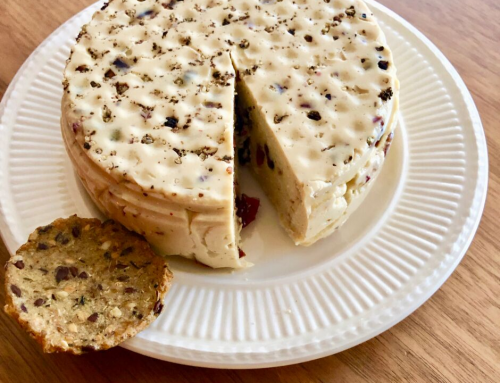
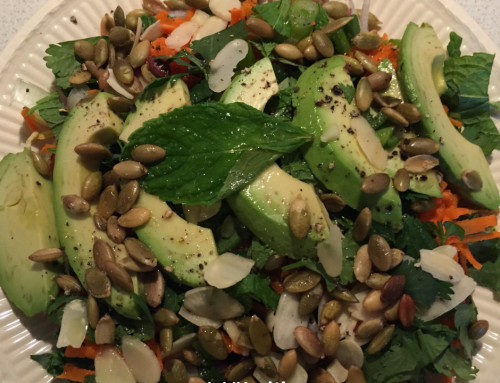
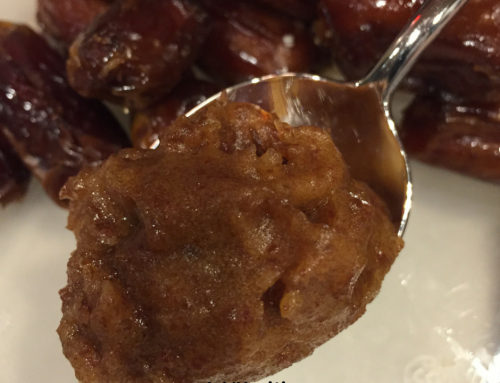
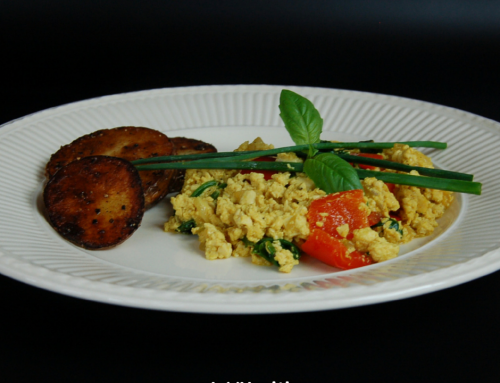
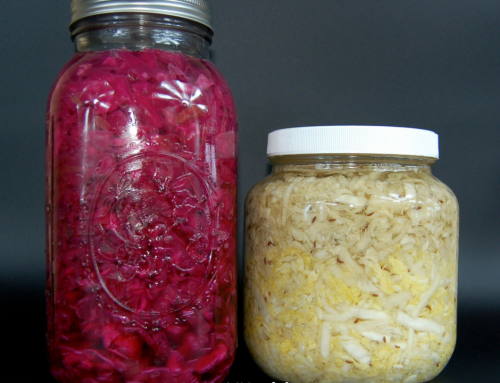
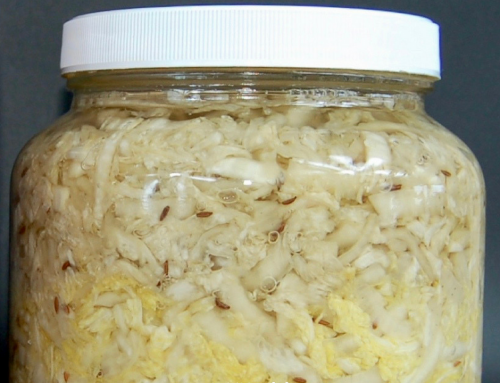
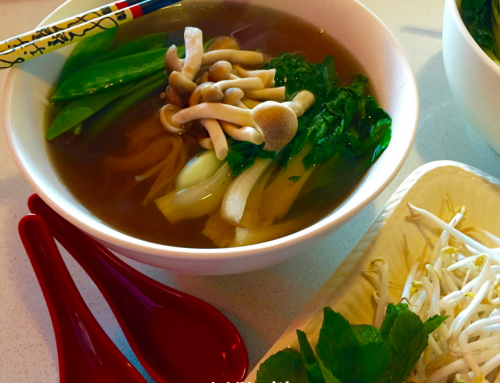
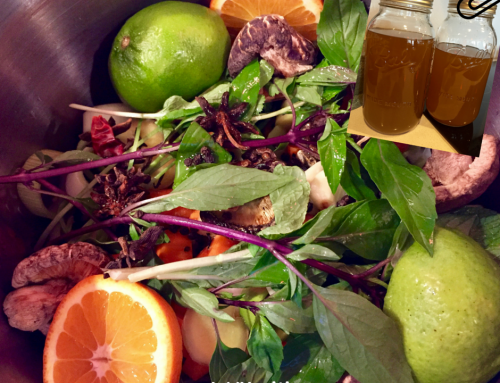
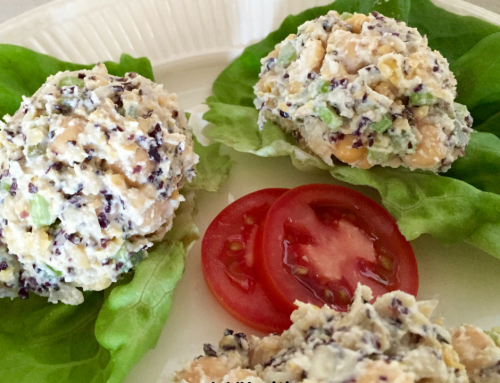
Leave A Comment